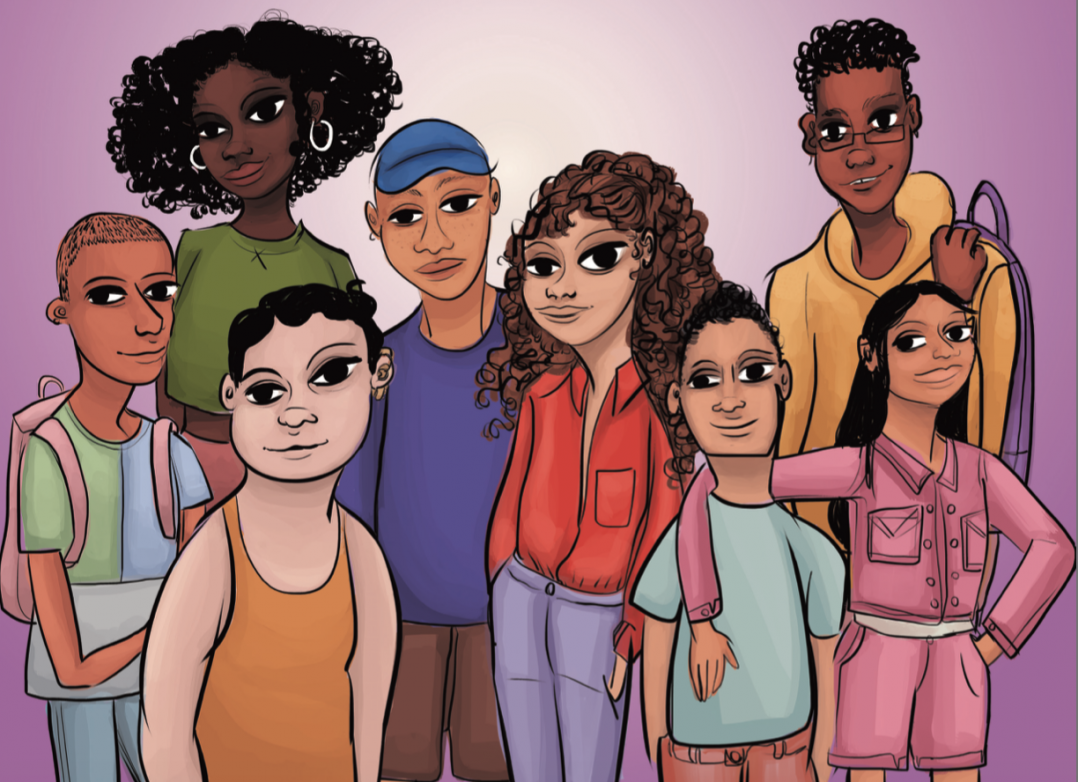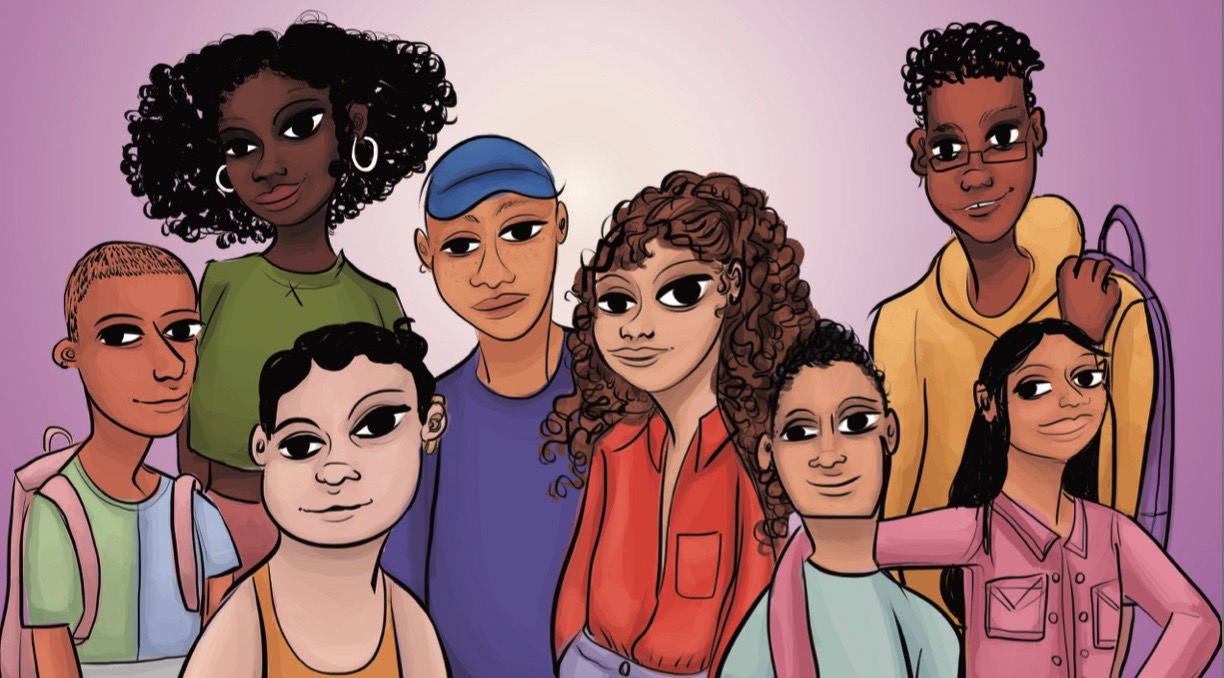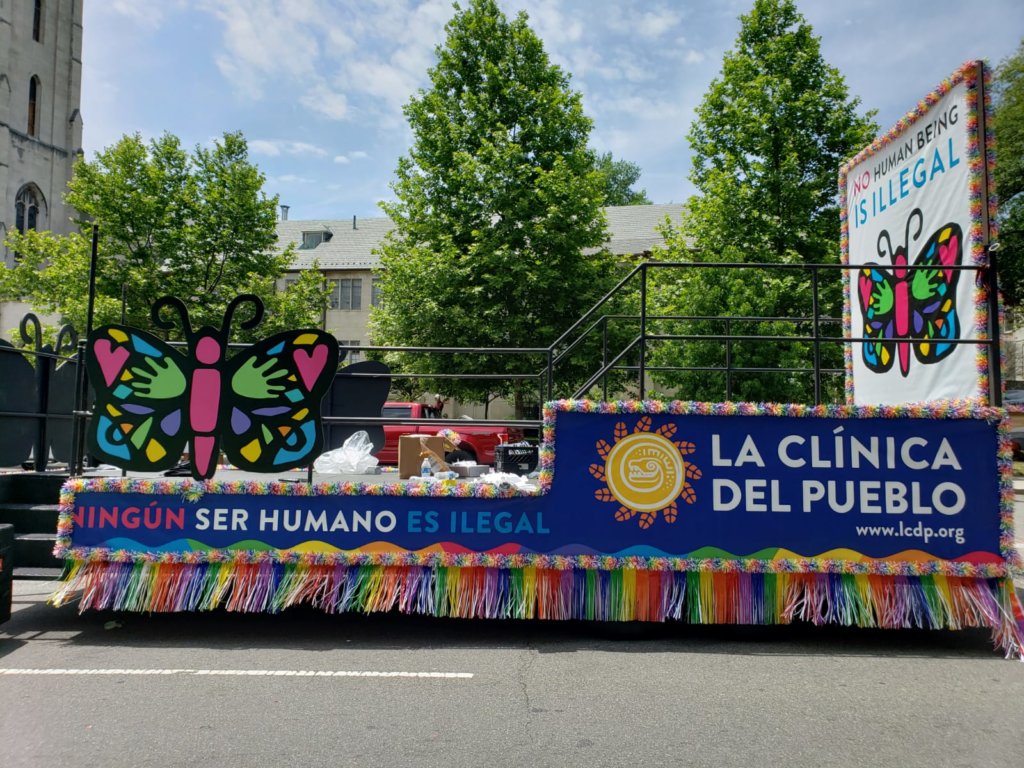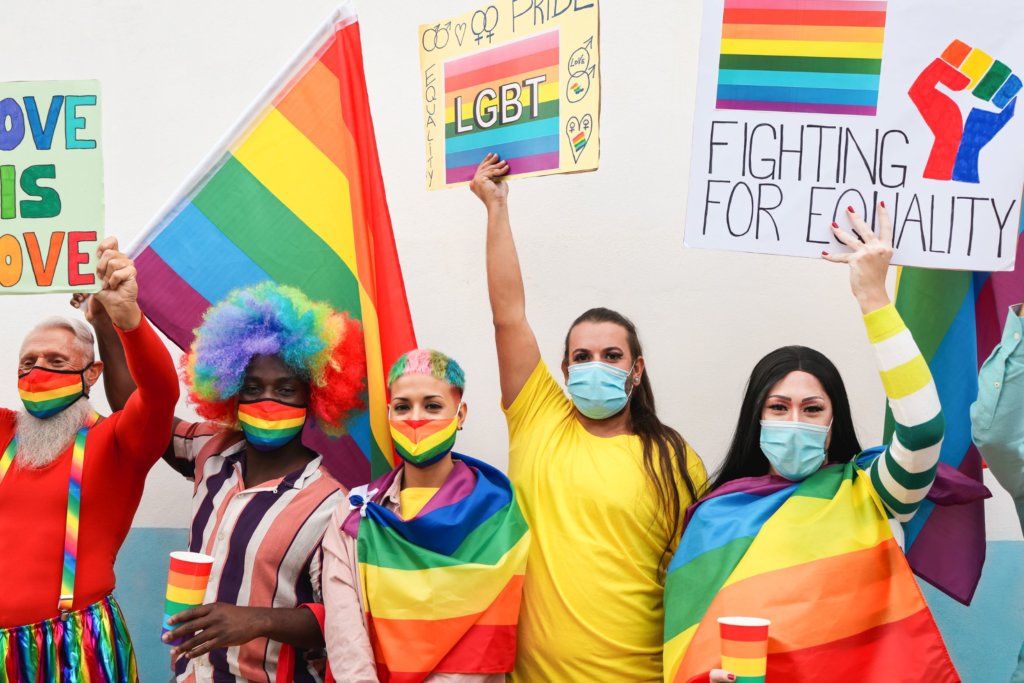Celebrating Pride, Combatting Prejudice: A GLSEN Report Examines Discrimination, Harassment Facing LGBTQ Latinx Youth in School

Author Harold Maass is a a contributing writer and editor to ProgressReport.co.
Pride Month is coming to a close with the LGBTQ community celebrating a major victory at the Supreme Court, which ruled in mid-June that the 1964 Civil Rights Act protects gay, lesbian, and transgender workers from workplace discrimination based on sex. But a new report by GSLEN warns that despite such signs of progress young people still face discrimination and harassment at schools because of their LGBTQ identities, and that those challenges are compounded for Latinx LGBTQ youth due to systemic racism and rising racist, anti-LGBT, anti-immigrant, and White nationalist sentiment in the U.S. mainstream.
The report found that more than half of LGBTQ Latinx students (54.9%) felt unsafe at school because of reactions to their sexual orientation. Nearly half (44.2%) said they felt that way because of their gender expression, and 22.3% because of their race or ethnicity. Those born outside the U.S. were more likely than those born in the country to feel unsafe due to race and ethnicity, 29.1% compared to 21.8%.
“These reports arrive as the United States wrestles with two fundamental challenges to our commitment to provide a K–12 education to every child — the depth of the systemic racism undermining true educational equity in our K–12 school systems; and the rising tide of racist, anti-LGBTQ, anti-immigrant, and White Christian nationalist sentiment being expressed in the mainstream of U.S. society,” GLSEN Executive Director Eliza Byard wrote introducing the document. “The students whose lives are illuminated in these reports bear the brunt of both of these challenges. Their resilience calls on each of us to join the fight.”
The report, Erasure and Resilience: The Experiences of LGBTQ Students of Color, was based on the responses of 3,352 students who were among the 23,001 LGBTQ middle and high school students participating in GLSEN’s 2017 National School Climate Survey. They came from all 50 states and ranged in age from 13 to 21.
Nearly all (98.5%) had heard “gay” used in a derogative way, and 94.7% said they had heard other forms of homophobic remarks. Roughly 90% reported having heard negative comments about gender expression, including that they were not “masculine” or “feminine” enough. Also, 83.7% reported having heard negative remarks about transgender people. A similar number (90.6%) had heard racist remarks.
These students broadly reported that the harassment they faced had a negative impact on their education as well as their sense of wellbeing. In fact, 35% of Latinx LGBTQ students said they had missed at least one day of school in the last month because of their uneasiness or fear, while 10.8% had missed four or more days.
Latinx LGBTQ students who experienced higher levels of victimization based on their sexual orientation were more than twice than less-frequently victimized counterparts to skip school because they felt unsafe (61.0% vs. 24.6%). They also were less likely to aim for a four-year degree (78.4% vs. 85.7%) and more likely to suffer from depression. Those experiencing more discrimination based on race or ethnicity were more than twice as likely to skip school because they felt unsafe (47.6% vs. 22.6%). The more negative the experiences Latinx LGBTQ students endured in school, the more likely they were to have faced discipline, such as detention, out-of-school suspension, or expulsion.
Support systems exist for Latinx LGBTQ students, but they are lacking for many students. Nearly all said they had at least one supportive teacher, but only 40.4% had 11 or more such teachers. Nearly three-quarters reported having an ethnic or cultural club in their school. Just over half (52.7%) said their school had a GSA (Gay-Straight Alliance or Gender and Sexuality Alliance), and those with access to a GSA were less likely to skip school due to safety concerns than those without one (29.6% vs. 41.0%).
“The data tells a harsh story of safety concerns and identity-based harassment,” wrote UnidosUS’ Margaret McLeod, vice president of Education, Workforce Development, and Evaluation; and Washington Navarrete, Education Leadership Program manager, in the preface of the report. “It shows that students who are targeted for harassment across multiple marginalized identities suffer serious consequences – including the poorest academic outcomes and the worst psychological well-being.”
UnidosUS, the largest national Latino civil rights and advocacy organization in the U.S., partnered in releasing the report with GLSEN, formerly the Gay, Lesbian & Straight Education Network.
“UnidosUS is proud to work with GLSEN to present this important research,” wrote McLeod and Navarrete. “We are confident that it will contribute to positively shaping and creating safer schools and welcoming learning environments for Latinx LGBTQIA+ youth.”
By collaborating in the release of the report, UnidosUS is building on its work in 2019 to create an LGBTQ Latinx tool kitcalled ALAS I: Welcoming LGBTQ Youth.
“In order to shape a future in which LGBTQIA+ Latinx youth have access to opportunities, we have a collective and individual responsibility to create safer and more inclusive schools in which they can thrive,” McLeod and Navarrete of UnidosUS added in their letter.





